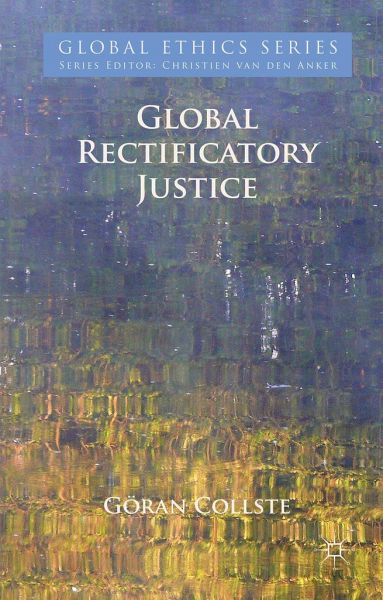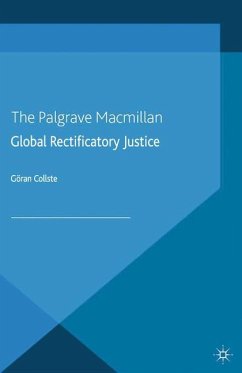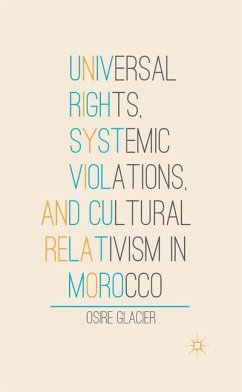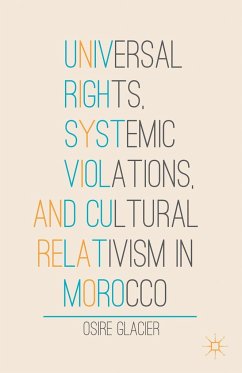
Global Rectificatory Justice
Versandkostenfrei!
Versandfertig in 6-10 Tagen
38,99 €
inkl. MwSt.
Weitere Ausgaben:

PAYBACK Punkte
19 °P sammeln!
What are the implications of colonialism for a theory of global justice today? What does rectificatory justice mean in the light of colonialism? What does global rectificatory justice require in practice? The author seeks to answer these questions covering a significant gap in the literature on global justice.














